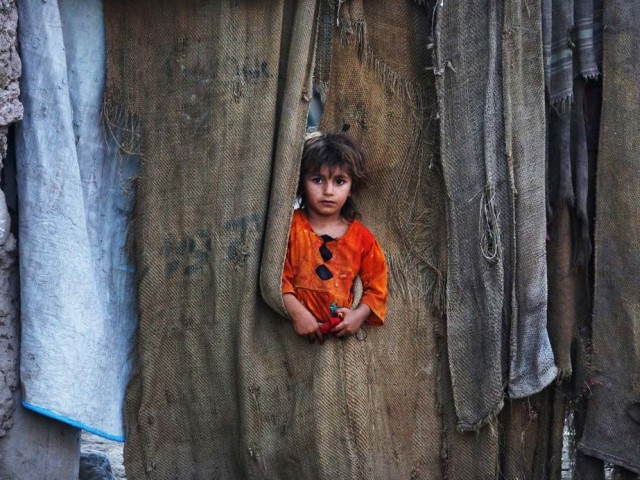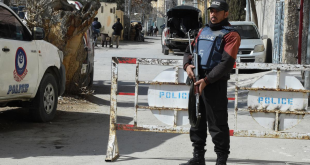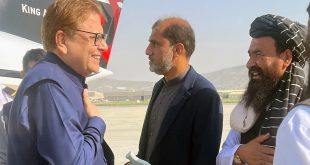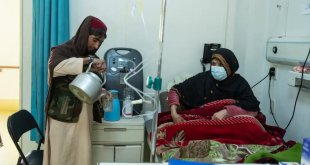Over 50 percent of Afghanistan’s population is trapped by grinding poverty; though, joint survey of the World Bank, Ministry of Economy and Central Statistics Office say that more than 39 percent Afghans live below the poverty line. Generally, most of the people are living a hand-to-mouth existence. Over half of the population earn less than one US dollar per day. Child laborers and daily wagers roaming on streets in the capital city, Kabul, for work is a good scale to gauge the poverty level. Possessing cheap mobile phones does not make a person healthy, wealthy and happy. There is clear difference mark between necessities and luxuries.
However, the point is not about who is wrong or right. Everyone agrees that Afghan economy should be strengthened in order to fight poverty and extremism. Afghan economy will remain to stand on slippery slope unless there is balance between import and export as well as expenditure and revenues generation. As a matter of fact, the country’s imports are 12 times higher than exports. According to a report of the Afghanistan Chamber of Commerce and Industry, published in March 2016, the imports accounted for $7.9 billion (USD) in 2015 while exports valued at $584 million. This huge difference between imports and exports is a matter of grave concern.
Likewise, there is no balance between the spending and revenues. Most of the national budget is made up of foreign assistance. But despite that the numbers of ministers, advisers and other top officials is more than what the GDP can support. The government had made some advances in recent years but there is more to be done. Broad-based reforms in all major sectors and downsizing in state institutions are essential steps to help the country to stand on its own feet. Quantity does not make any difference when it comes to performance of key state institutions. Therefore, attention should be paid to quality rather than quantity. Creation of 10,000 jobs through a short-term program will not end or alleviate poverty.
That’s why the government shall initiate reforms to overhaul the key governmental organizations aimed at addressing the two core issues—balance in spending and revenues generation as well as exports and imports. The World Bank’s incentive funds ($83.5) that the Afghan finance ministry received should be used properly and as per expectations of the bank and public. As Afghanistan has entered into the transitional phase, therefore, human and financial resources should be used to their full potential to revamp the national economy. Emphasize shall be made over relationship building with neighboring countries based on economic interests rather than political rhetoric.
 Afghanistan Times
Afghanistan Times




